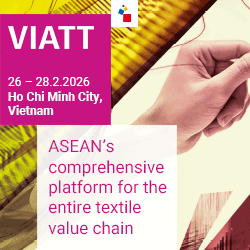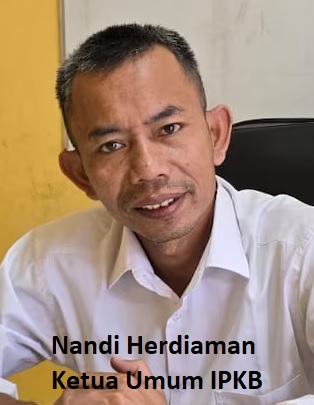The Indonesian Filament Yarn and Fiber Producers Association (APSyFI) said the growth of the Indonesian Textile and Textile Products (TPT) industry in the third quarter of 2022 began to show a weakening, both in terms of export and domestic markets. Whereas previously, in the first quarter of 2022, the APSyFI report reached 12.25% year on year (yoy) and in the second quarter it rose to 13% yoy. "Our growth in the first and second quarters was very good, but in the third quarter there began to be weakness in the export and domestic markets," said APSyFI Chairperson Redma Gita Wirawasta, Monday (12/9).
According to him, this weakening occurred due to the depressed economic conditions in Europe and the United States (US).
Currently, it is known that inflation in Europe was recorded at 9.1% in August 2022 and became the highest in history. Meanwhile, inflation in the US, although it has decreased to 8.5% from the previous 9.1%, is still putting pressure on their economy.
High inflation has contributed to a decline in people's purchasing power and consumption. This also has a propagation impact on the decline in market demand for the textile industry.
"In the second semester, orders for textile exports decreased by around 50 percent," said Redma.
Not only weakening for exports, Redma also explained the weakness in the domestic market. This is triggered by a government policy through the Ministry of Industry, namely Minister of Industry Regulation (Permenperin) Number 21 of 2021 concerning Centers for Supplying Raw Materials and/or Import Auxiliary Materials for Small and Medium Industries. This Permenperin is an elaboration of the mandate of Government Regulation (PP) Number 28 of 2021 concerning the Implementation of the Industrial Sector.
"In the domestic market, cheap imported goods have again flooded the market after the import of the General Importer Identification Number (API-U) was opened, so that sales of local products in the domestic market also fell by about 50 percent," he said.
In PP Number 28 of 2021, it is stated that the import of raw materials and/or auxiliary materials for Small and Medium Industries (IKM) that cannot carry out their own importation can be carried out by the Center for Raw Materials and/or Auxiliary Materials which has a Business Identification Number. (NIB) which applies as API-U, as well as evidenced by an order contract from the IKM in question.
Based on the economic conditions of several TPT export destination countries and the PP No. 28 of 2021 policy, in the end it affects the production of the TPT industry, namely a reduction in production and employees.
"The current position is that some companies have closed some of their production lines and laid off some of their employees," he said.








